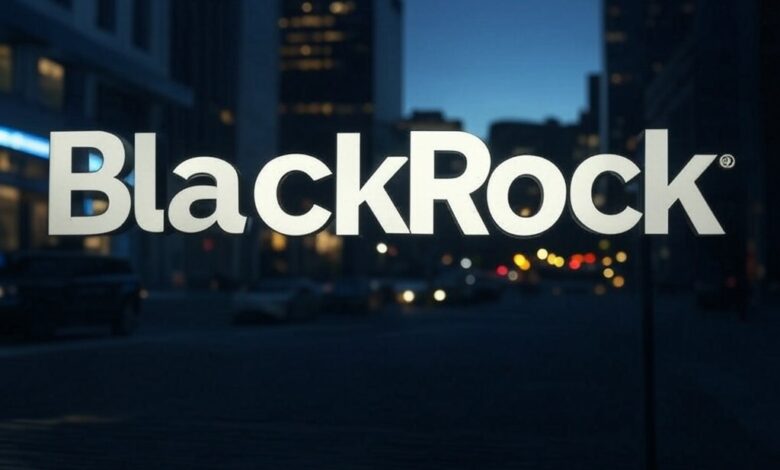BlackRock Moves to Tokenize Shares of $150B Treasury Trust Fund

BlackRock is taking another major step into blockchain finance by filing to offer a digital share class of its $150 billion Liquidity Treasury Trust Fund through BNY Mellon, according to a recent SEC filing. The new share class, dubbed “DLT Shares” (short for distributed ledger technology), would not hold cryptocurrencies but instead use blockchain to mirror share ownership records on a distributed ledger — a move that could set the stage for broader tokenization within traditional finance.
BNY Mellon, the fund’s exclusive distributor, would leverage blockchain technology to provide enhanced transparency and record-keeping, while maintaining the fund’s core structure. The minimum investment for institutional investors would be $3 million, with no minimums on subsequent purchases. The filing is preliminary and pending regulatory approval.
Though modest in its technical scope, the step signals continued institutional experimentation with blockchain-based systems for financial infrastructure, particularly in the realm of real-world assets (RWAs). Earlier the same day, Libre announced the tokenization of $500 million of Telegram’s $2.4 billion debt onto the TON blockchain — further evidence of the accelerating interest in bringing traditional assets into blockchain environments.
“Every Asset Can Be Tokenized,” Fink Says
The SEC filing comes on the heels of BlackRock CEO Larry Fink’s 2025 annual letter to shareholders, in which he once again championed tokenization and warned of looming risks to U.S. financial dominance if the country does not control its spiraling debt.
“If the U.S. doesn’t get its debt under control … America risks losing [its reserve currency status] to digital assets like Bitcoin,” Fink wrote. “Decentralized finance is an extraordinary innovation. It makes markets faster, cheaper, and more transparent. Yet that same innovation could undermine America’s economic advantage.”
Fink’s letter comes at a time of growing market uncertainty and anxiety among investors about the country’s economic direction, especially amid major policy shifts under U.S. President Donald Trump. As part of a strategy to balance the national deficit, Fink encouraged investors to diversify their portfolios with private market assets, alongside traditional stocks and bonds.
Doubling down on his long-term commitment to blockchain-based finance, Fink asserted that tokenized funds could become as familiar to investors as exchange-traded funds (ETFs), assuming the ecosystem can address one major roadblock: digital identity.
“Every stock, every bond, every fund—every asset—can be tokenized. If they are, it will revolutionize investing,” he stated. “If we’re serious about building an efficient and accessible financial system, championing tokenization alone won’t suffice. We must solve digital verification, too.”
From Bitcoin to BUIDL: BlackRock’s Broader Crypto Strategy
This latest move builds on a growing suite of tokenized products offered by the world’s largest asset manager. In January 2024, BlackRock launched its spot bitcoin ETF — the iShares Bitcoin Trust (IBIT) — which has since become the most successful ETF debut in asset class history. As of today, IBIT manages close to $50 billion in assets, with around half of that coming from retail investors.
In addition, BlackRock’s blockchain-native tokenized fund, BUIDL, created in partnership with Securitize, has crossed $1.7 billion in assets and is on track to surpass $2 billion by April 2025 — making it the largest tokenized fund in the market today. The firm recently expanded BUIDL to the Solana blockchain, signaling its openness to multichain strategies.
With this new filing, BlackRock continues to push forward its vision of a digitally transformed financial system — one in which traditional assets and decentralized finance increasingly converge under a shared infrastructure of transparency, efficiency, and institutional-grade rigor.





